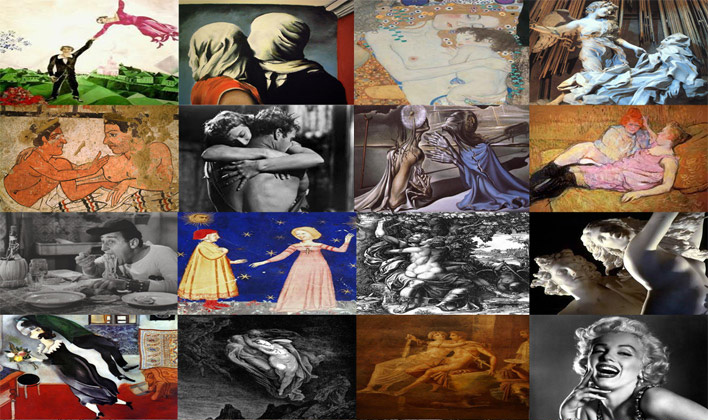Violence and Desire: Wrestling with Proteus
Abstract
The essay deals with the connected themes of Violence and Desire in Renaissance and Post-Renaissance Theatre (Shakespeare, Jonson, Molière). It focuses also on the Ancestors and the Heirs of this Thematic dimension in European Literature.
The methodology is based upon the stylistic, intertextual, and thematic critique.
The essay shows the potentiality of a theme very often censored by our cultural sensibility, and the usefulness of the categories of Violence, Power, and Desire in the Work of the Jewish writer Elias Canetti.
Downloads
References
Bibliografia
Canetti, Elias, Masse und Macht (1960),trad. it di F. Jesi, Massa e potere, Milano, Adelphi, 1981.
Canetti Elias, Das Gewissen der Worte (1975), trad. it. di R. Colorni e F. Jesi, La coscienza delle parole, Milano, Adelphi, 1984.
Greenblatt, Stephen, Will in the World: How Shakespeare Became Shakespeare (2005), trad. it. Di C. Iuli, Vita, arte e passioni di William Shakespeare, capocomico, Come Shakespeare divenne Shakespeare,Torino, Einaudi, 2005.
Jonson, Ben, Volpone (1606), trad. it. di Flavia Marenco, Volpone, Ed. Franco Marenco, Venezia, Marsilio, 2003.
Molière, Tartuffe ou L'Imposteur (1664), trad. it di L. Lunari, Il Tartuffo ovvero l’impostore, Milano, Bompiani, 1978.
Scuderi, Attilio, Il paradosso di Proteo. Storia di una rappresentazione culturale da Omero al postumano, Roma, Carocci, 2012.
Shakespeare, William, The Two Gentlemen of Verona (1590 o 1591), trad. it. I due gentiluomini di Verona, Ed. S. Perosa, in Commedie eufuistiche, Milano, Mondadori, 1990.
Copyright Notice
You are free to copy, distribute and transmit the work, and to adapt the work. You must attribute the work in the manner specified by the author or licensor (but not in any way that suggests that they endorse you or your use of the work).









